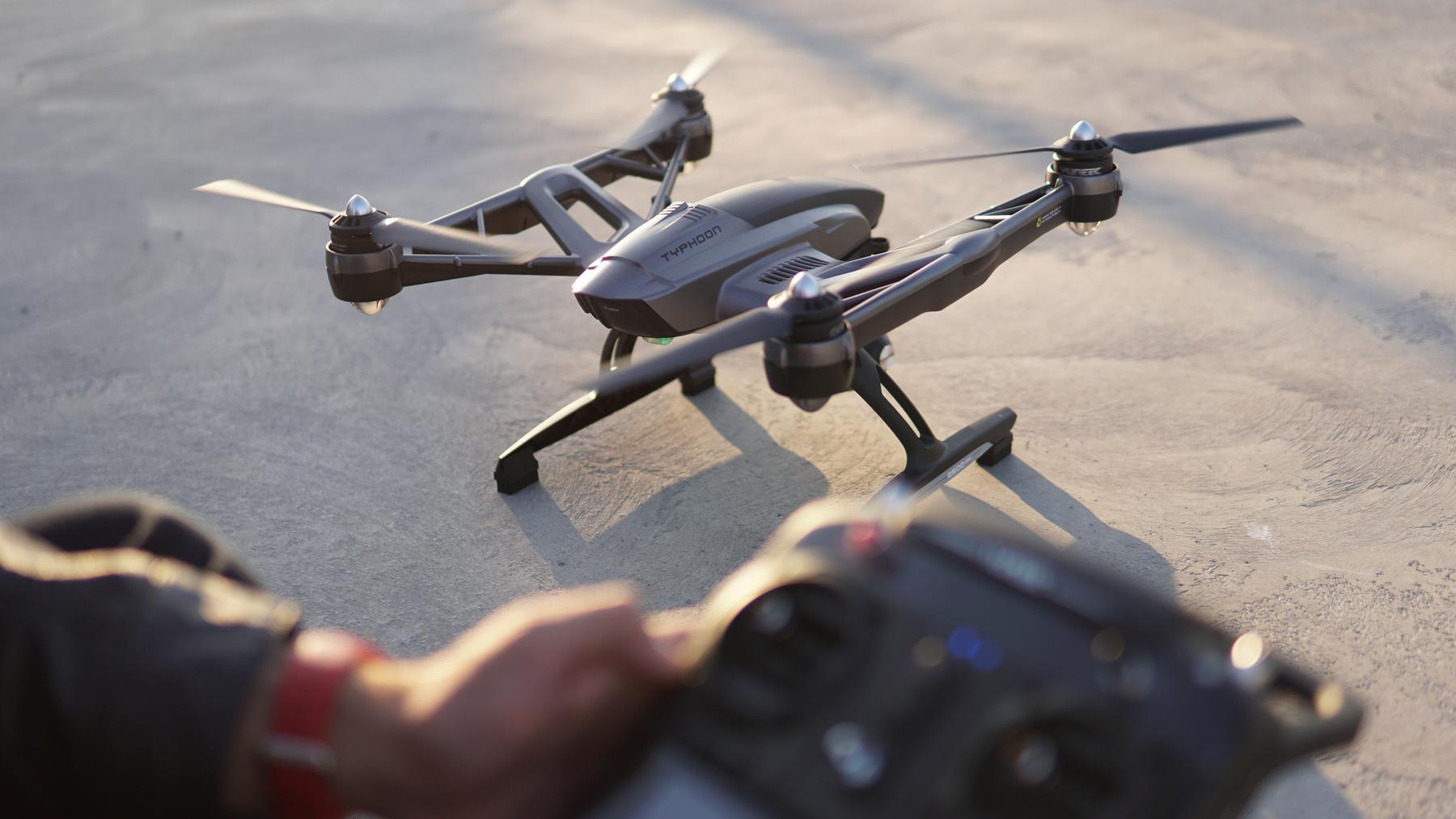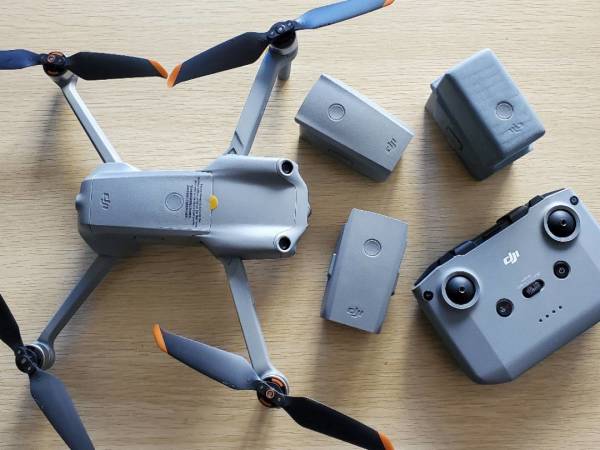Exploring the Role of Drone Surveillance in Law Enforcement
Drone technology has revolutionized numerous industries, with law enforcement being one of the most significantly impacted sectors. Drone surveillance has emerged as a powerful tool, enabling police forces and other security organizations to monitor vast areas efficiently and effectively. These unmanned aerial vehicles provide unmatched surveillance capabilities that are transforming modern law enforcement practices.
How Drones Enhance Law Enforcement
One of the greatest advantages of utilizing drones for surveillance is their ability to gather real-time data from locations that may be challenging to access. This allows law enforcement agencies to monitor situations without endangering human personnel. As drones can be equipped with high-resolution cameras, thermal imaging, and other sensors, they offer a comprehensive overview of a scene, facilitating informed decision-making.
Another major benefit is cost-efficiency. Compared to traditional methods of aerial surveillance such as helicopters, drones are more budget-friendly and require fewer resources to operate. This makes them an attractive option for departments with constrained budgets looking to incorporate aerial surveillance.
Application in Various Situations
Drones are versatile tools in law enforcement, proving useful in a multitude of scenarios. For instance, during large public events or protests, drones provide aerial views that help monitor crowd movements and activities. This aids in deploying officers appropriately and ensuring public safety while respecting the rights of individuals.
In search and rescue operations, drones are invaluable. They can cover extensive areas quickly, transmit real-time location data, and make visual assessments that accelerate the search process. This capability dramatically increases the chances of locating missing persons or suspects in difficult terrains.
Privacy Concerns and Legal Aspects
While the benefits are undeniable, drone surveillance raises significant privacy concerns. The ability to observe individuals and private property without their consent has sparked debates about personal privacy and legal boundaries. Authorities must navigate these issues carefully to maintain public trust while utilizing drones effectively.
Legal frameworks surrounding drone usage vary globally, but most regulations emphasize protecting individuals’ privacy rights. Law enforcement agencies need to comply with these laws, obtaining necessary waivers or permissions for operating drones in specific scenarios, such as gathering evidence or conducting surveillance.
Ethical Implications

The use of drones for surveillance purposes also brings about ethical questions. The balance between utility and intrusion is a delicate one. Making ethical decisions about when and how to use drones is crucial to prevent misuse and protect civil liberties.
Continuous dialogue between ethical bodies and law enforcement agencies is necessary to establish guidelines that protect citizens’ rights while allowing authorities to leverage these advanced tools effectively.
Future of Drone Surveillance in Law Enforcement
The future of drones in law enforcement is promising, with technological advancements expanding their capabilities further. Integration with artificial intelligence can enable drones to analyze data autonomously, improving efficiency and outcomes.
Moreover, as legislation evolves to accommodate emerging technologies, we can anticipate broader adoption and innovative applications of drones in various aspects of criminal justice and public safety.
Despite potential challenges, drones undoubtedly contribute positively to modern policing methods. With continual advancements, the impact of drone surveillance in law enforcement will likely see transformative growth, aiding in crime prevention and public protection.
FAQs
Q: How do drones handle privacy concerns?
A: Drones are operated under strict regulations designed to safeguard privacy. Law enforcement agencies require permits for certain surveillance operations and must adhere to privacy laws to avoid infringing on individual rights.
Q: Can drones be used in urban environments?
A: Yes, drones can be effectively employed in urban settings. They provide valuable data for monitoring traffic, gathering intelligence during public events, and assisting in urban rescue operations.

Q: What is the future scope for drones in policing?
A: The integration with AI and improved sensor technology will likely enhance drones’ capabilities, allowing for greater accuracy and autonomous operations. Their role in law enforcement will continue to expand, bringing new tools for criminal justice and public safety.